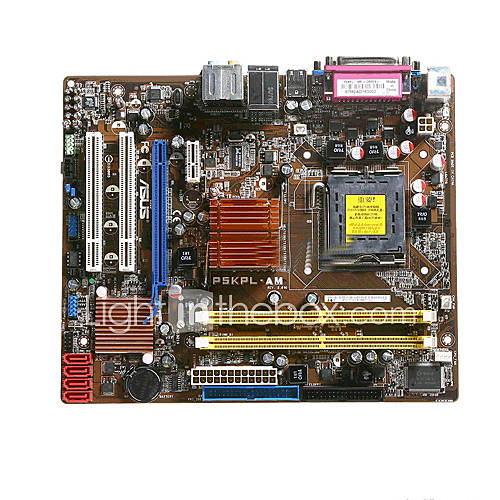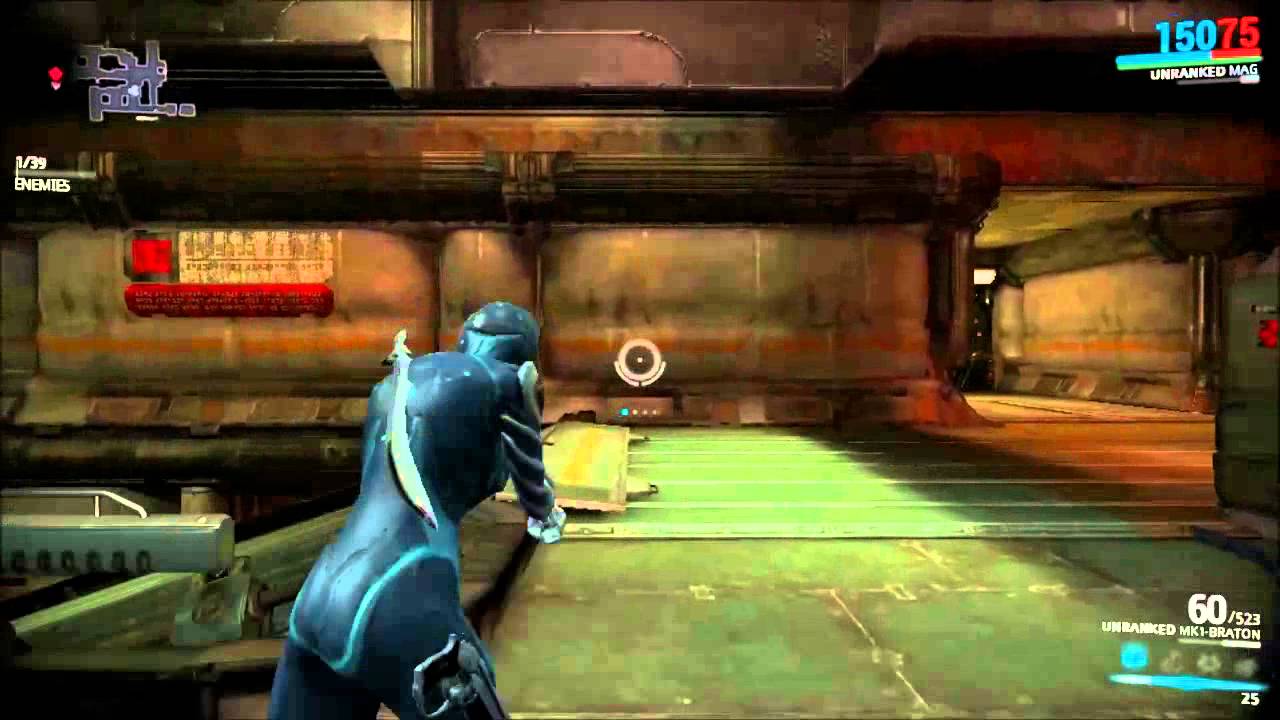

This driver has been customized, tested and validated to run properly with your laptop. Download and install the latest Intel® HD Graphics driver provided by the laptop manufacturer.The driver may have been corrupted during the update process and needs to be reinstalled. Perform a clean installation of the Intel Graphics driver.In the Connected Displays Window, click the three dot menu for the desired display.Double click the Intel® Graphics Command Center icon. From the Windows Search bar, search for the Intel® Graphics Command Center.Check the display is enabled in the Intel Graphics Command Center.Test different display connections, such as VGA, DisplayPort or wireless display and adapters.For the firmware update, contact your laptop and TV manufacturer. Test a different TV/monitor and HDMI cable.


For more information on how to update your graphics driver, refer to this link. Ensure drivers and firmware are up to date and your connection is good.Under Multiple Displays select Extend desktop to display.Select the monitor that does not show any display.Look for an image of monitors on the display representing your physical monitors.Open Display Settings from Control Panel.Connect the monitor with no display using the cable of the working monitor.Extend the desktop using Windows® Control Panel.


 0 kommentar(er)
0 kommentar(er)
